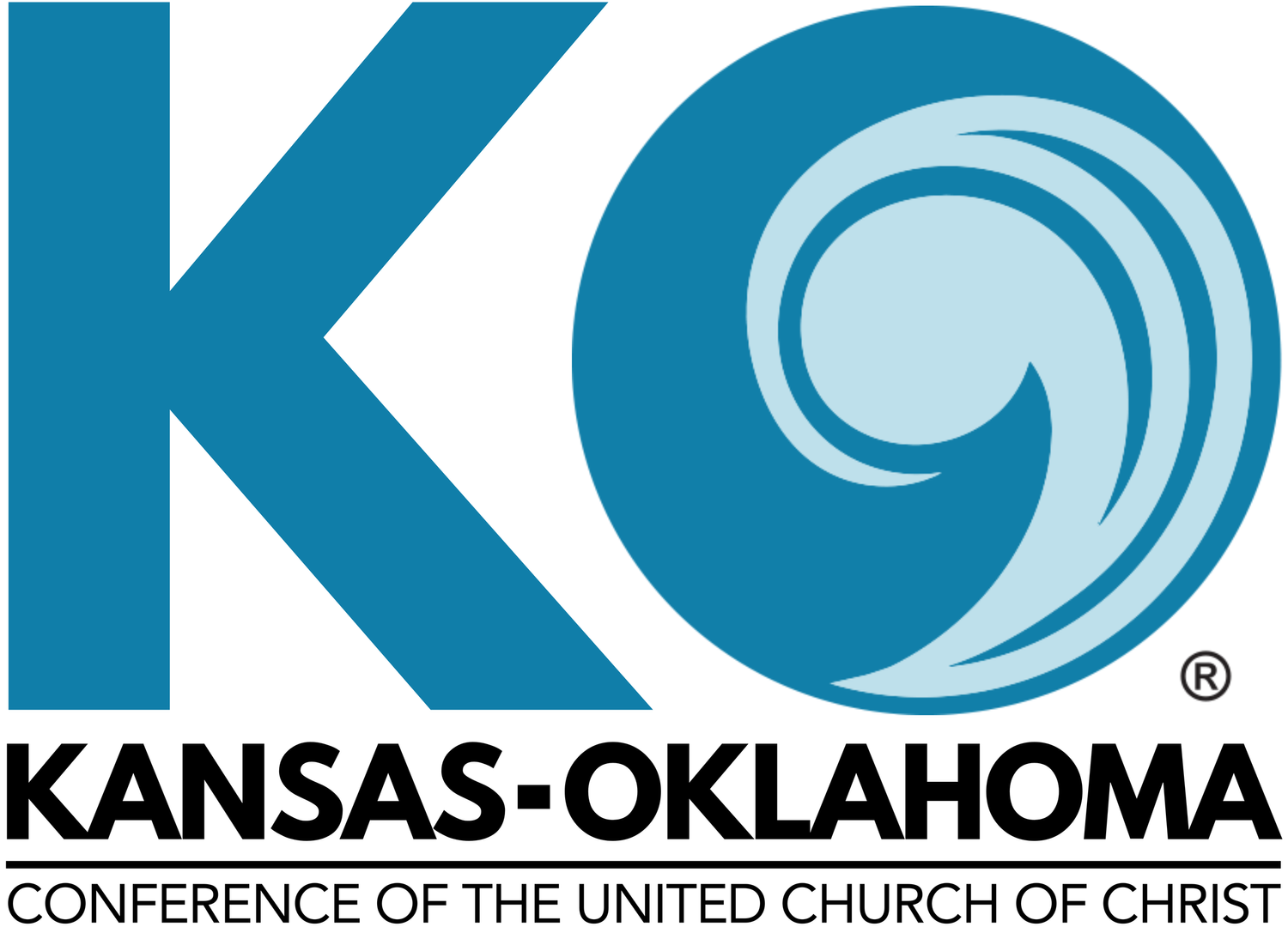Facing History for a Different Future
Edith Guffey
Conference Minister
Memorial Day was the unofficial start of summer and this year it marked the 100th Anniversary of the Tulsa Race Massacre. I watched as much as I could of the numerous documentaries that were on TV about the Tulsa Race Massacre and read several articles leading up to this weekend that detailed the events and that are only recently being told. Honestly there came a point that I had to turn it off; I couldn’t take anymore. And even as I did that, I thought about those who actually live in Tulsa and wonder how they “turn it off” as they walk the streets and live in the shadows of the history of the city. Even as I “turned it off” I knew that turning it away, burying history, is what has played such a huge role in getting us where we are today. We all live in the shadows of the history of the Tulsa Race Massacre.
it’s so much easier to literally ignore the reality of the collective actions of our country than it is to own them and honestly deal with the outcome. So many have asked, how could we not know this; how could what happened in Tulsa be hidden for so long? Remember, this was 1921. The fear and trauma of those who experienced the massacre; they didn’t talk, they whispered. That’s how it happens. Intimidation, a feeling of powerlessness, systemic and relentless white supremacy. There was no internet, no Facebook, no Instagram, no 24-hour news cycle where there was instant and immediate communication across the country.
We have those communication tools today and look at what’s happening. The entire country witnessed live what happened on January 6th in Washington DC, and that story is already being rewritten. A story is being told that does not match what I saw on with my own eyes. Who knows what the story will be in 100 years. Will it simply fade away as those with power may want it to be buried and no longer spoken of? That’s why we haven’t heard about Tulsa. It’s harder to do now, but it can be done.
In fact, Tulsa was not the only incident of its kind, the worst, but by no means, the only. As we begin this summer and as we have remembered (or for some just recently learned about) the Tulsa Race Massacre, maybe it’s time to also learn about Red Summer. In an article entitled, “Going Back to T-Town,” Doreen Brown writes,
“The massacres and lynchings that occurred during “Red Summer,” a term used to describe the blood that flowed in the streets of America, were sparked by disparate events, but the common denominator was racial hatred against a people who had recently risen out of enslavement and prospered.”
In her article, Brown cites incidents in Omaha, East St. Louis, MO; Longview, Texas; Elaine, Arkansas; Washington, DC and Chicago, IL, where white mobs took to the streets in their anger related to something related to Black men. That anger, resentment and fear over Black people gaining independence and power continues today. I believe we saw it in Washington DC on January 6th.
This is an opportunity to not only reflect on the past, but also to look to the future and say, now what? How do we make sure that we not repeat a Tulsa, or a January 6th? How about the conversation that is happening in Tulsa about reparations? That question is not going away and is growing in our country as well. I heard the Mayor of Tulsa doesn’t want to engage the question because it will divide the city. Isn’t the city already divided? I turned off my TV because it was easier, but looking away has a cost.
Only when we face our history can we even hope for a different future. History lives on and we turn away at our own peril.
Read about Red Summer here.



